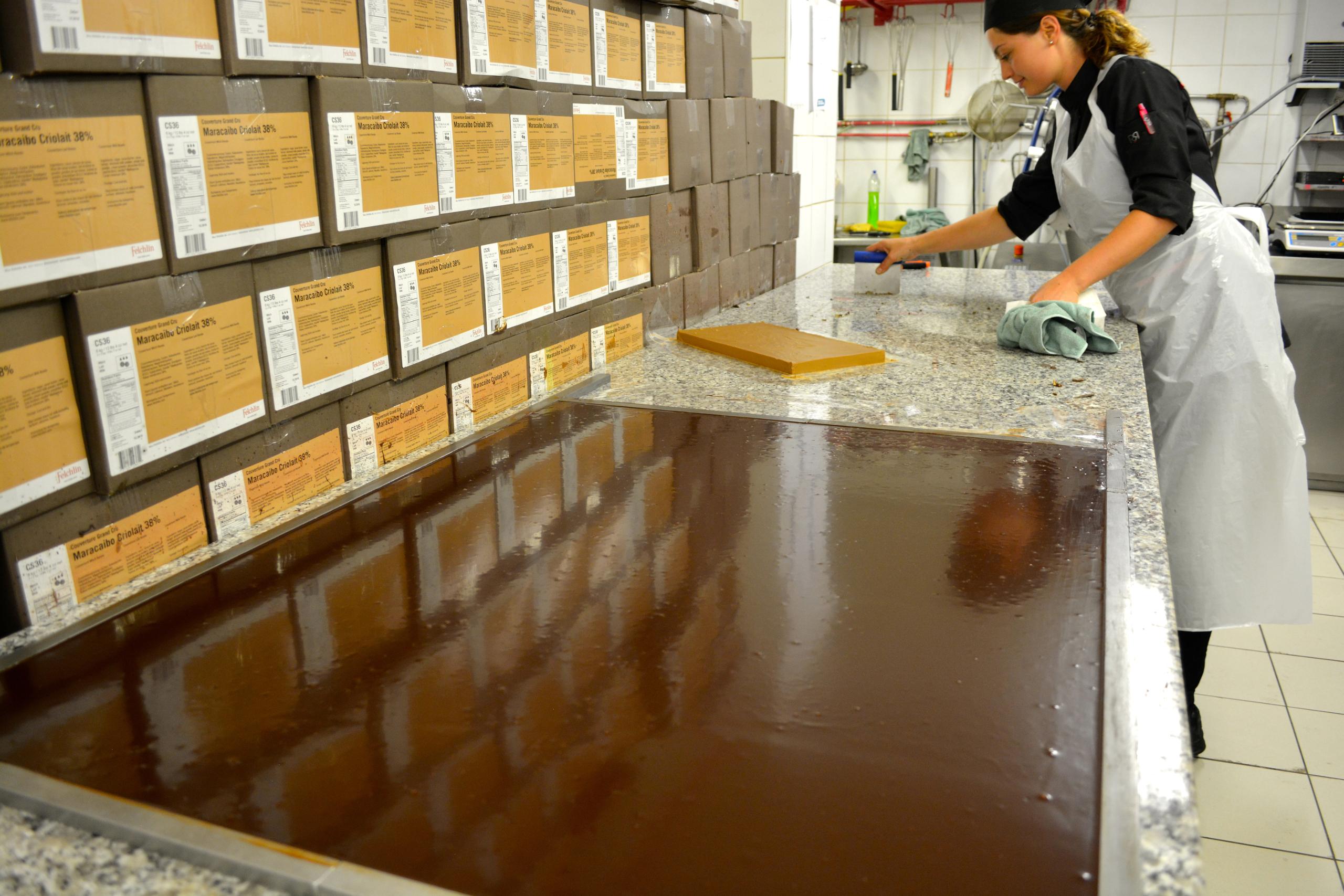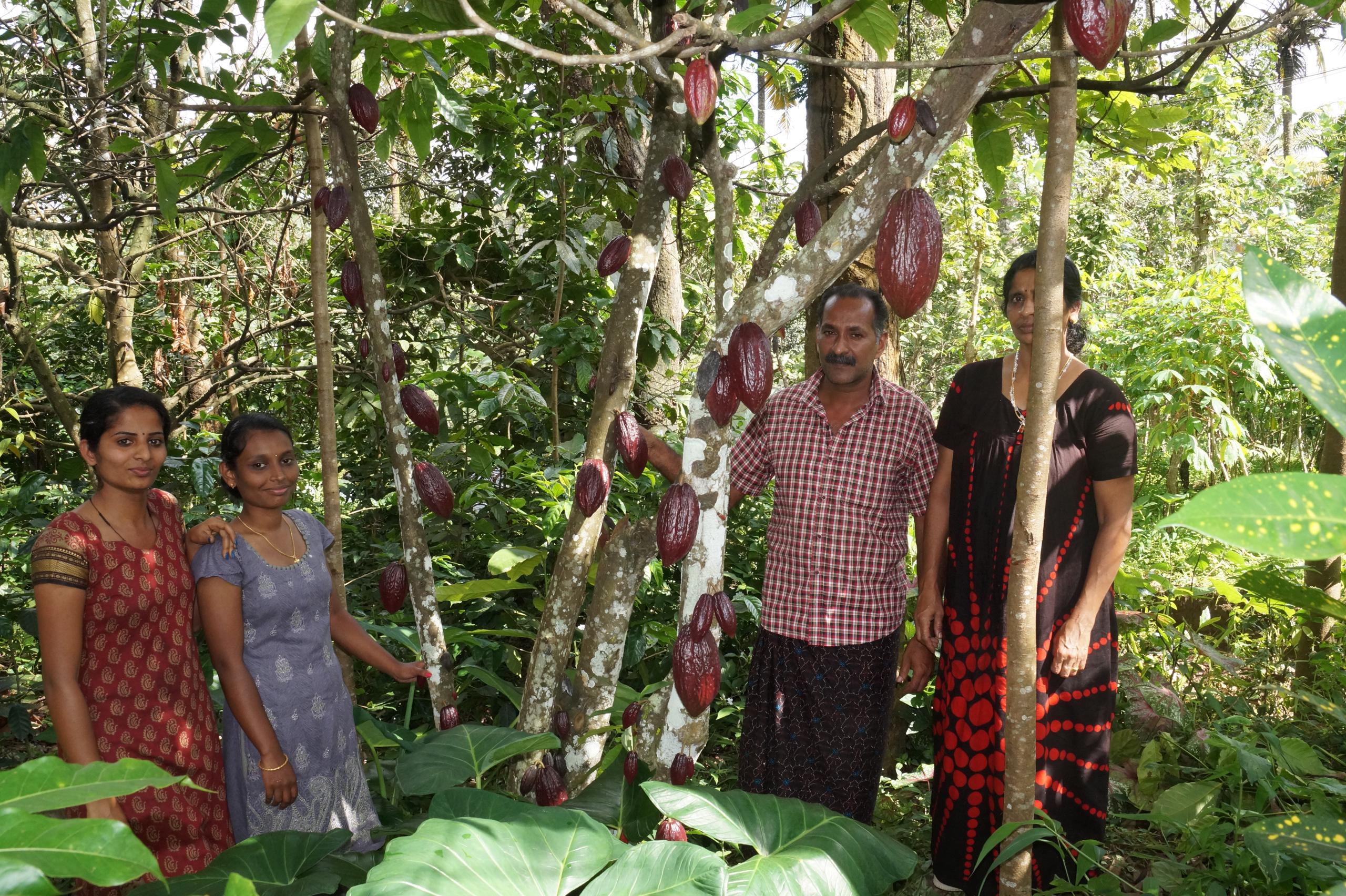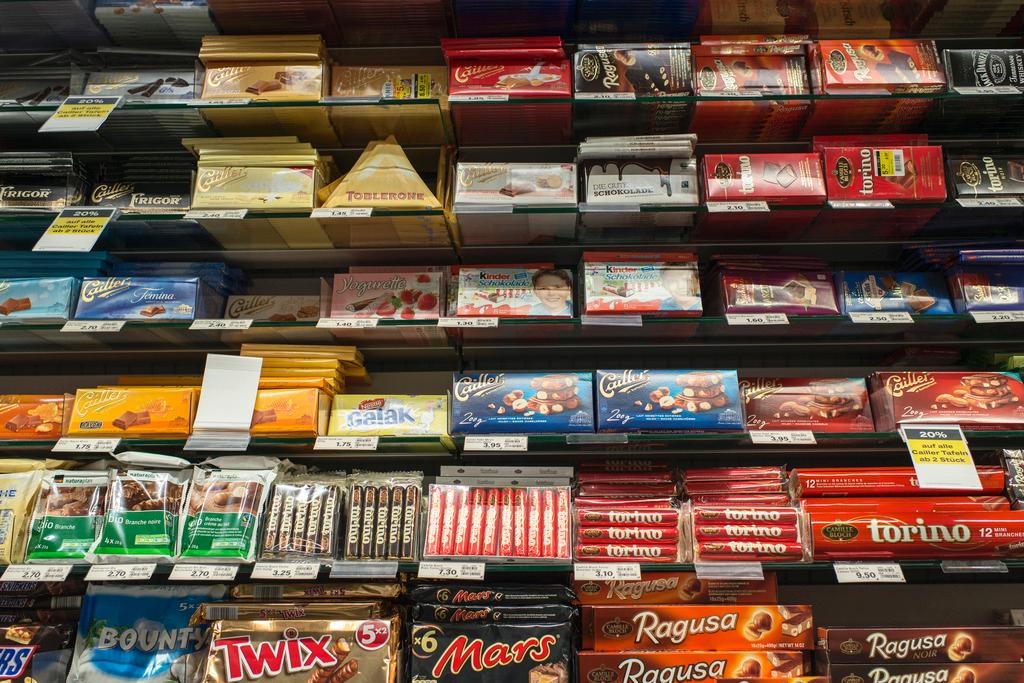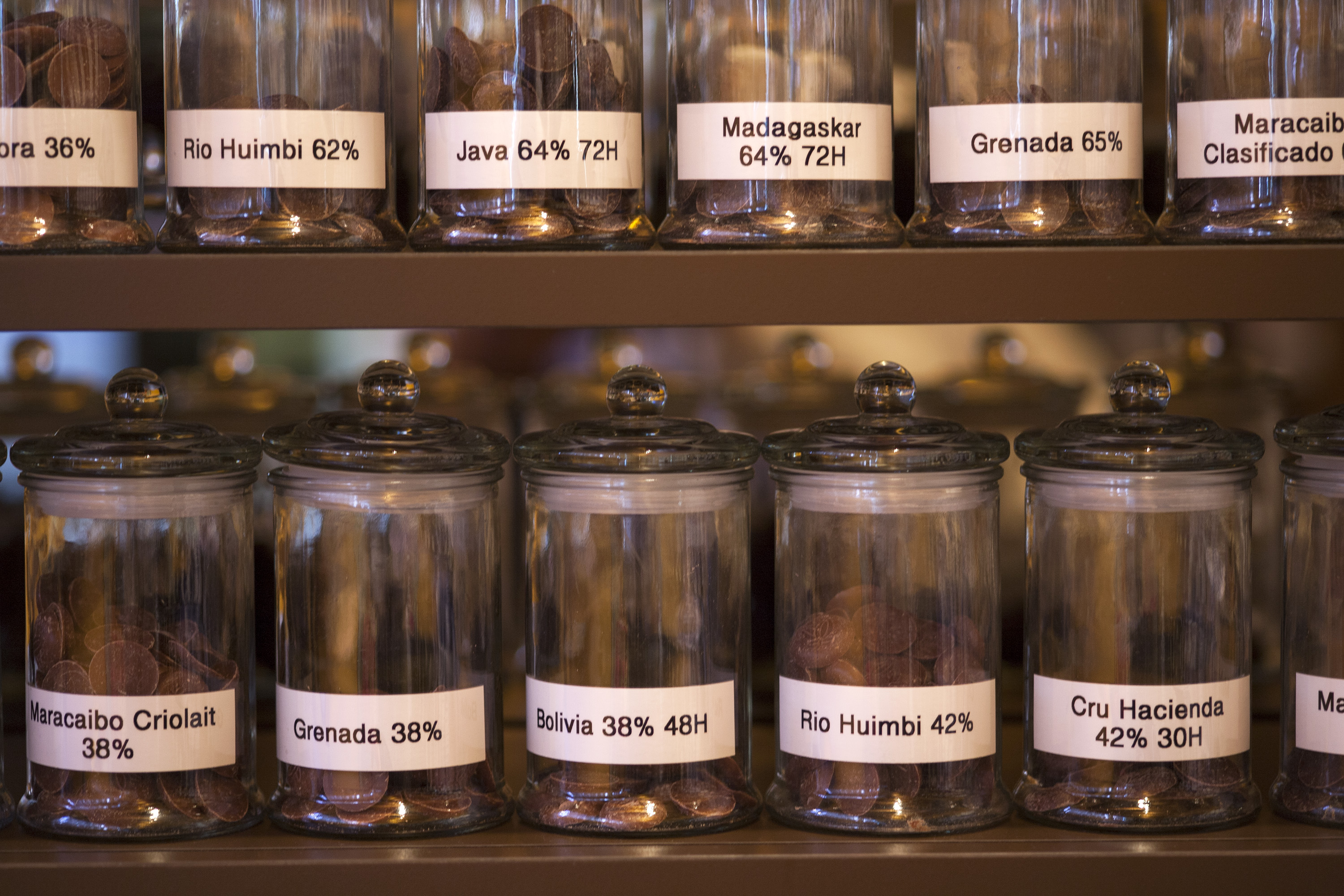Chocolatiers hunt for the elusive sweet spot

The challenge to produce “heat resistant” chocolate that tastes as good as normal chocolate has tested the confectionery industry’s Willy Wonka skills. Chocolate technicians have to achieve two apparently conflicting objectives. The product must stay firm when on display in warmer climates, then melt in the mouth to produce a traditional chocolate sensation.
Not everyone is convinced it is possible. Lindt & Sprüngli, the luxury Swiss retail chocolate manufacturer, told the Financial Times it did not believe the techniques currently available offered the melting qualities it required.
But Barry Callebaut, the Swiss company that is the world’s largest manufacturer of chocolate and cocoa products by volume, believes it has cracked the problem. Its method is to use a “toolbox” of techniques affecting the way the chocolate interacts with the mouth.

More
Financial Times
External link“In some ways, it is cooking, says Antoine de Saint-Affrique, chief executive. “It is the way you organise the structure of the chocolate through your various raw materials that gives it properties which, on the one hand, resist temperature and on the other hand, melt in your mouth and give you the experience you want.” He has tasted the product himself. “It is really very good.”
Offering heat resistant products is “a formidable competitive advantage” in warmer emerging market countries with less sophisticated supply chains than in advanced economies, Mr de Saint-Affrique argues.

More
Overcoming chocolate’s bittersweet sources
Such innovations are an important part of Barry Callebaut’s expansion strategy. These are not the sweetest of times for the chocolate industry. Higher cocoa prices have curbed appetites. Western European chocolate confectionery sales have expanded by only 0.6% a year since 2010, according to Euromonitor.
A modest pick-up in global chocolate confectionery sales is expected in the next five years, but growth prospects are expected to be much more exciting in countries such as China, Indonesia and the Middle East.
Some emerging markets, such as in Latin America and eastern Europe, have a “deep chocolate culture”, according to Barry Callebaut’s chief executive. But China is less accustomed to chocolate consumption.
In such countries, demand may take time to build, says Mr de Saint-Affrique, who headed Unilever’s global food business before taking over as Barry Callebaut’s chief executive in October. “It is about building and creating taste habits,” he says.
Chocolate is not just about confectionery, Mr de Saint-Affrique adds. It is also used in beverages and biscuits. “So the dynamics of the market are much more complex than just the confectionery lines.”
Nevertheless, Barry Callebaut warned in November that it faced a “challenging” 2015-16 financial year and scaled back its targets for growth. Previously, it had expected annual volume growth of 6% to 8% per year. Under the revised targets, it expects 4% to 6% average growth until 2017-18.
Mr de Saint-Affrique sees “plenty of opportunities” in new markets. Barry Callebaut has only just entered the Indonesian market and has only small market share in China.
Heat resistant chocolate is part of the strategy. Given, however, the range of chocolate uses, differences in markets and Barry Callebaut’s broader chocolate expertise, it is more “a symbol of the added value we can bring through innovation”. And Mr de Saint-Affrique is not expecting heat-resistant chocolate to help sales in advanced economies – at least not yet. “I don’t think it is really relevant at this point in time for western Europe or America – unless global warming gets totally out of control.”
Copyright The Financial Times Limited 2015

In compliance with the JTI standards
More: SWI swissinfo.ch certified by the Journalism Trust Initiative



You can find an overview of ongoing debates with our journalists here. Please join us!
If you want to start a conversation about a topic raised in this article or want to report factual errors, email us at english@swissinfo.ch.